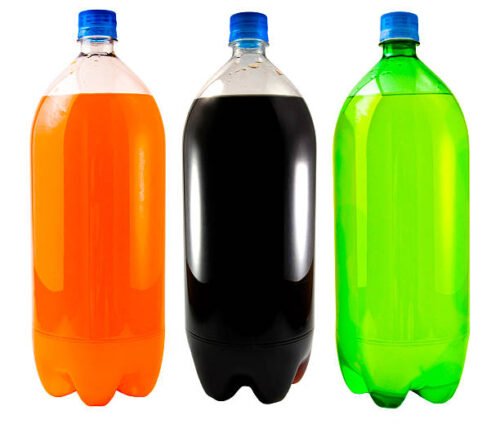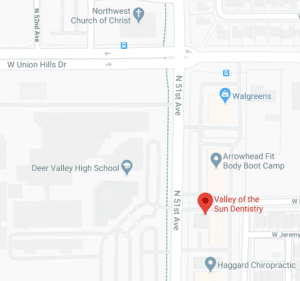
We’ve all heard soda is bad for your teeth and dental health. But how bad is it really? Does it matter how often you drink it? Isn’t diet soda better?
- Yes, it is bad.
- Yes, it does matter how often.
- Diet is usually not better and may be worse than regular sodas.
First, let me explain why soda is bad. To explain that, let me explain how teeth decay. To get run of the mill decay you need:
- A tooth’s surface.
- Bacteria to grow on that tooth surface.
- Something for the bacteria to eat.
Bacteria
The bacteria then produce acids that need to reach the tooth. These acids must remain on the tooth long enough to dissolve the calcified enamel or dentin surface. The decalcified surface then must be removed before it can re-calcify.
Assuming you have at least one tooth, and it is in your mouth, then it has bacteria on it. I know of no way to totally disinfect a mouth. Teeth decay more easily in places where bacteria can accumulate the best:
- Pits and grooves on the chewing surface of the teeth.
- Between the teeth.
- Along the gum line.
- Margins of any fillings or crowns.
In those places the lips and tongue don’t wipe plaque from the tooth as effectively and a toothbrush can’t reach easily. When enough bacteria collect, dental plaque forms from the bacterial secretions. This sticks the bacteria to the teeth even more, so heavier plaque builds up faster. With more and more bacteria present, the acids they produce are more concentrated. Bacteria can feed on any food or drink that you feed on. Things that are more easily digested and broken down to simple sugars will cause these acids to be produces faster. With soda, the sugars are easy to digest and break down. So, the acid rush is on.
Bacteria isn’t the only thing affecting your dental health!
Acids
There are other ways to get acids on teeth that can break down enamel and dentin and cause cavitation, which is the formation of a tiny hole in the bone that cannot be seen by the human eye. Have you ever taken a bite of a lemon and feel the less than shiny surface your teeth now have? Do they feel a little squeaky for a while when you bite and grind on them? The acid has roughened the surface of your tooth slightly.
What is in soda? Water. That’s OK. Sugar, which we just talked about. But that takes a few minutes to cause harm. Bubbly. What is the bubbly? Carbonate. Carbonated drinks have carbonate, which is Carbonic acid. So, instead of the bacteria producing the acids, soda just washes the whole mouth in acid! It is a mild acid, but it is still enough to slightly dissolve the surface of a tooth.
What about diet soda? That’s OK, right? No sugar? Well, not so much. Instead of sugar, there are other sweeteners, but they don’t taste quite like sugar. So, other flavor enhancers are often added. Some of which are other mild acids! A few of these are citric acid, phosphoric acid, malic acid, benzoic acid, and erythorbic acid.
Sports drinks? Lots of acids in those ingredients.
Orange juice? Citric acid. Very acidic. Not as acidic as grape juice or cranberry juice, though.
How much is too much? Well, it is not how much, it is how often. If you take a gulp of soda the sugar and acids are on your teeth for several minutes. If you drink a quart of soda all at once, the acids are on your teeth for several minutes. Either way, it takes the teeth 30 minutes to an hour to return to their normal condition. If you have a container of soda and every few minutes take a sip from the straw, then the acids are on your teeth for several minutes every time you take a sip. That is a lot more time eating away at enamel.
So, what do I do?
I realize that we are all going to continue to drink beverages that can erode the enamel from teeth. Very few people will stop drinking all these things. To improve your dental health, what can be helpful, then is to limit the frequency we ingest these drinks. And don’t take so long to drink it, just get it done. There are other drinks that don’t hurt the teeth. Water is great. Milk is a good one. Also, there are ways to make your teeth more resistant to acids. The easiest and proven to be a very effective way is to always use a toothpaste with fluoride. Our dental office can prescribe a paste that is prescription strength fluoride. Please call our office at 602-942-4260 so we can answer any questions you may have.

